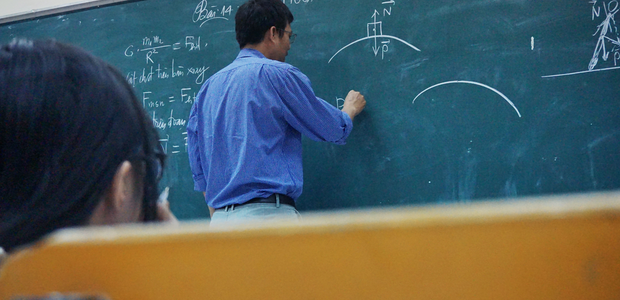
 WIDER Seminar Series
WIDER Seminar Series
Eleonora Nillesen presents at the WIDER Seminar Series on 23 November 2022.
Co-authors: Lidwien Sol and Paul Smeets
Full paper here.
Girls’ poor ability to manage menstrual health (MH) imposes barriers to education and general wellbeing, especially in low- and middle-income countries. This paper presents the results of the Ritu trial, a 2-year clustered randomized controlled trial, examining the effect of a multi-faceted menstrual health intervention in Bangladesh. The authors randomized 148 schools from one rural district, into one of three groups; i) receiving a school program (sanitation facilities, MH education and support); ii) a school program and a targeted household program (parental MH education); iii) or the control group. The primary beneficiaries are schoolgirls in grades 6 until 8, age 11-15. They measure short- to medium-term impacts on school attendance, a set of psychosocial outcomes, and menstrual health outcomes. They use three sources of school attendance data: information from administrative records; self-reported survey responses and data from spot-checks where someone from the research team would appear unannounced and on randomly selected dates at school to record attendance.
The authors find significant treatment effects in both treatment arms. The Ritu trial significantly improved menstrual health outcomes. Moreover, it significantly reduced school absence rates and reduced the likelihood of dropping out of school before grade 8. The program also improved psychosocial wellbeing and empowerment during menses, but this did not translate into substantial improvement of general wellbeing and empowerment. They find little evidence that the additional household program generated larger effects than the school program alone – which is important for programming purposes given the substantial additional costs of the household intervention. Their findings show the school program was considerably more cost-effective than the combined program, both when measured in ‘additional years of schooling’ and ‘learning-adjusted years of schooling’.
Even though MH programs are becoming more prevalent, supporting quantitative evidence on their impact is very limited. They show a positive impact of a menstrual health program on school attendance and other psychosocial outcomes of adolescent girls.
Eleonora Nillesen is a Professor of Public Policy and Development at UNU-MERIT and the School of Business and Economics at Maastricht University, the Netherlands. She holds a PhD in development economics from Wageningen University (2010). Prior to joining UNU-MERIT in 2014 she has held positions at Wageningen University, ETH Zürich and DIW Berlin. Eleonora’s research revolves around understanding the causal impacts of development interventions and identify the role of informal institutions therein. She has published on these topics in leading economics journals, including The American Economic Review, Journal of Development Economics, Journal of Public Economics, Economic Development and Cultural Change and World Development. She currently leads two impact evaluation projects in Tunisia and Madagascar on technological change and gender outcomes.
The WIDER Seminar Series showcases the latest research on key topics in development economics. It provides a forum for senior and early-career researchers, both in-house and external, to present recent and ongoing work related to UNU-WIDER’s current work programme.
In addition to providing a forum for both academic debate and training, the series presents an opportunity for policy makers and others interested in development to learn about the latest research methods and findings.
The Seminar Series events take place on Wednesdays. All those interested are invited to register and attend via Zoom.